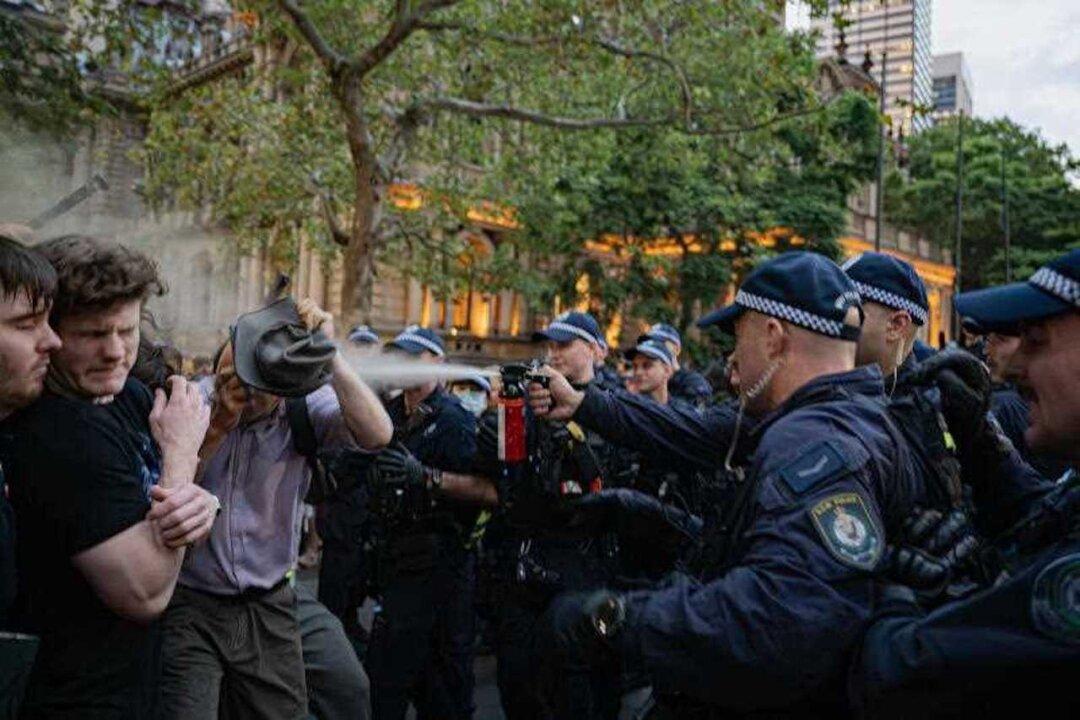Western Australia (WA) will move to the nation’s toughest COVID-19 public health restrictions despite having just 11 people in hospital with the virus.
Year three students and above will be required to wear face masks in public and home gatherings will be limited to 10 people under new rules coming into effect statewide from Thursday.





